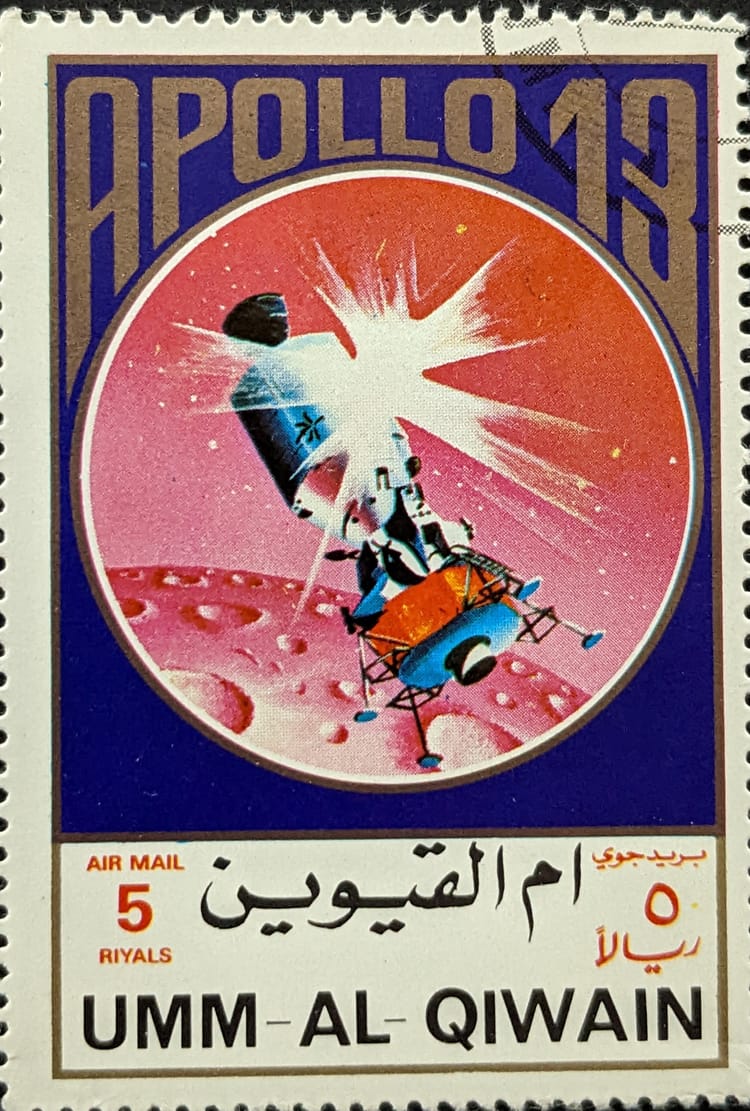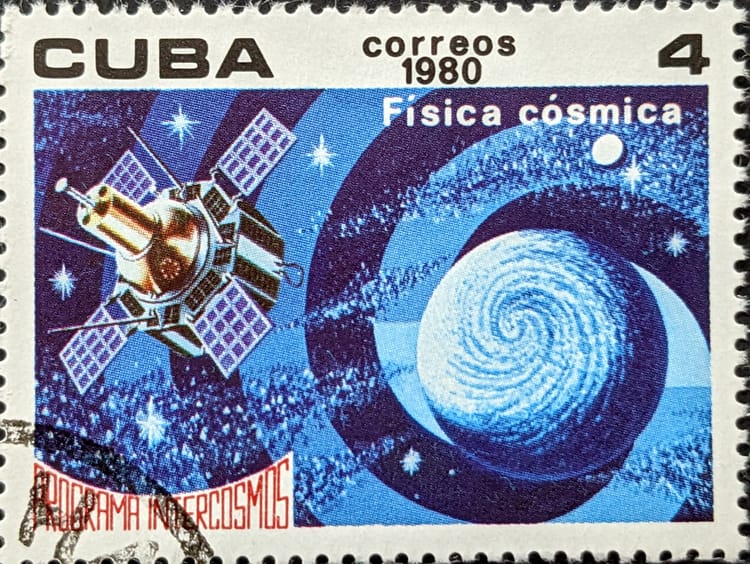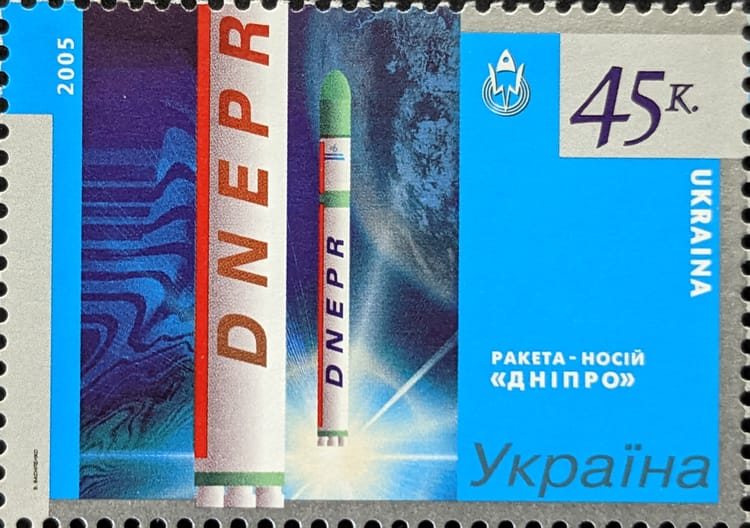"Minky"-shines In the French Space Sector

I wrote this article for my other site nearly two years ago. But Ariane Group's actions and focus still make it pertinent. Yes, I did tweak it a little for this site.
Ariane chief seems frustrated with SpaceX for driving down launch costs
An American summary of an English translation of a German interview of a French space launch manufacturing director. This sounds like some comedy movie from the 1960's, and only Clouseau is missing. I had to make sure this Ars Technica story was on the mark, so, with Nena's "Irgendwie, Irgendwo, Irgendwann" and Dschingis Khan's "Moskau" playing in the background to set the mood, I went back to read the German version (just kidding about "Moskau"--although I did listen to Sandra and Falco--but never ever Modern Talking).
For the most part, the translation of the interview with Alain Charmeau captures the conversation pretty well. What we see is an older European in denial. Or someone who doesn't believe a blind beggar can be a lookout. He believes SpaceX's policy of charging U.S. government and military customers about 30% more (in NASA's case, 50%) for launches than the company does for a commercial launch equates to a government subsidy. He's not the only one, by the way--there are some obvious American Francophiles saying the same kind of thing.
Never mind the fact Elon Musk has noted this increase is necessary to cover for all the magical mission assurance dust SpaceX needs to provide those customers some peace of mind. Those customers demand it and are willing to pay for it to feel good about literally "buying down risk." Like Linus' security blanket in the Peanuts cartoon--but more expensive.
Based on Clous--I mean, Charmeau's kind of logic, ULA should be a monster. The American company definitely received a lot more money for its services from the U.S. government and military than SpaceX ever has. And ULA's launch prices went up a lot over the years--particularly when SpaceX wasn't competing.
Using more of the same logic in the interview, this would mean ULA had an incentive to launch European satellites for less than SpaceX's $62 million and lots of opportunity to put Arianespace out of business. ULA would have cranked down commercial pricing so low that SpaceX never would have had a chance to even launch. But those events never happened.
One somewhat disturbing thing during the interview is the veiled accusation Charmeau makes that the United States just doesn't want Europe in space. That we'll do anything to keep Europe out of space. Let's think on that for a minute...
...that's giving our government and military a lot more credit than either deserve. NASA and the U.S. military appear about as lost as Charmeau. NASA can barely keep its favorite programs running, while the reasons for the U.S. military operating in space are because of constant demands from lawmakers of doing more with less. Space helps with that aim to be sure, but even the military services and agencies are more worried about THEIR space pie than Europe's.
This accusation also displays a very egotistic/narcissistic/Eurocentric vision. Quite frankly, European space industry and activity isn't really on the radar of the U.S., it's citizens, and it's servants--civil or military. Europe is not the center of the space world.
Sorry.
The Germans make great stuff. So do the French. But Europe's paltry number of launches conducted annually, combined with a slow ops-tempo, are not something that keeps a senator, president, or general up at night. This state of affairs does not mean Europe's sciences and technologies are irrelevant--they definitely are not. But maybe the way they choose to compete for launch services is.
Perhaps the U.S. should be worried, because sometimes facts get in the way of a good story. I don't think for one minute that most level-headed Americans will feel sympathy for Ariane Group in this interview. But the interview wasn't meant for American consumption--it was meant for Europeans. And these Europeans may be all too willing to go along with this story. It's something that could be "truthy" to them--especially with a certain administration almost intentionally downplaying Europe's role in the world.
The whole interview shows Charmeau's views on what makes SpaceX a competitor are kind of like Clouseau's focusing on the beggar and the minky while the bank in front of him is being robbed. Funny and sad at the same time.




Comments ()